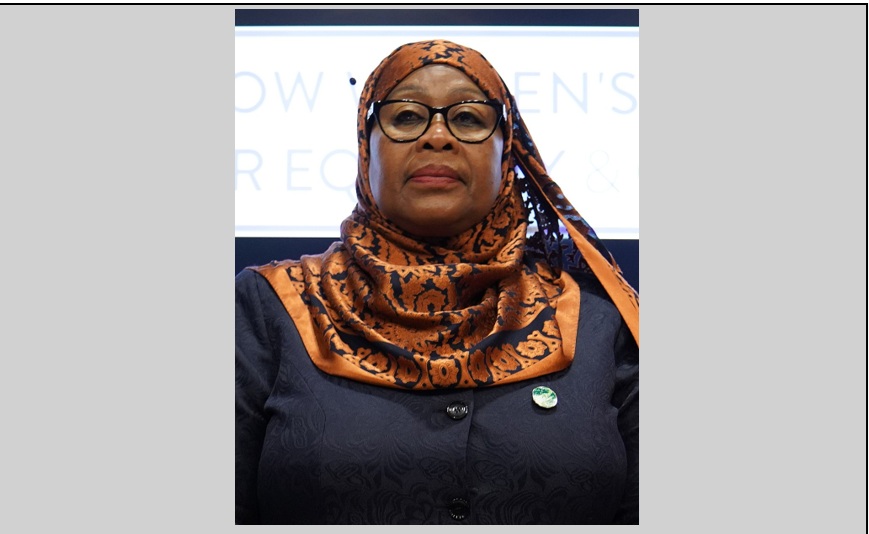Tanzanian President Samia Suluhu Hassan won the country’s disputed election with more than 97% of the vote, according to official results.
Tanzania’s Rights Crisis Deepens Post-Election
Abductions, deadly suppression of dissent, internet blockades, and the targeting of vulnerable groups prompt domestic and international warnings against rights violations in Tanzania.
The human rights situation in Tanzania leading up to and immediately after the Oct. 29 general elections rapidly deteriorated, marked by rampant violence, suppression of dissent, and a persistent lack of government accountability. These concerns have triggered alarms from domestic religious leaders and international human rights organizations, as well as a heightened travel warning from the United States.
The Justice and Peace Commission of the Tanzania Episcopal Conference (TEC) raised strong objections to what it describes as a climate of impunity in the days before the election. Archbishop Jude Thaddaeus Ruwa’ichi of Dar-es-Salaam, who chairs the TEC commission, warned during a Mass on Oct. 14 that the continued incidents of abductions and disappearances of opponents to the ruling political party threaten the fundamental
right to life and human dignity.
Archbishop Ruwa’ichi stated that these acts of evil appear to be “orchestrated by organized groups” and expressed deep concern that authorities “sworn to protect life” have failed to publicly condemn or take action.
The environment further soured following the elections, where Pres. Samia Suluhu Hassan won a hard-to-believe 97% of the vote. Amnesty International reported that security forces used excessive force to suppress protests amid partial internet and electricity blackouts.
Amnesty’s Deputy Director Vongai Chikwanda said that these actions resulted in the deaths and injuries of protesters, noting it was the third internet blockade in less than a year intended to silence dissenting voices.
The escalating unrest prompted the U.S. Department of State to increase its Travel Advisory on Oct. 31 from Level 2 to Level 3 – Reconsider Travel. The advisory cited four risks: unrest, crime, terrorism, and the targeting of gay and lesbian individuals. The State Department noted that demonstrations are unpredictable, widespread, and lead to increased security presence and limitations on large gatherings by the government.
Photo: Tanzanian Pres. Hassan on Nov. 2, 2021. Photo by Scottish Government – International leaders sign joint statement at COP26, CC BY 2.0, and available via Wikimedia commons.

